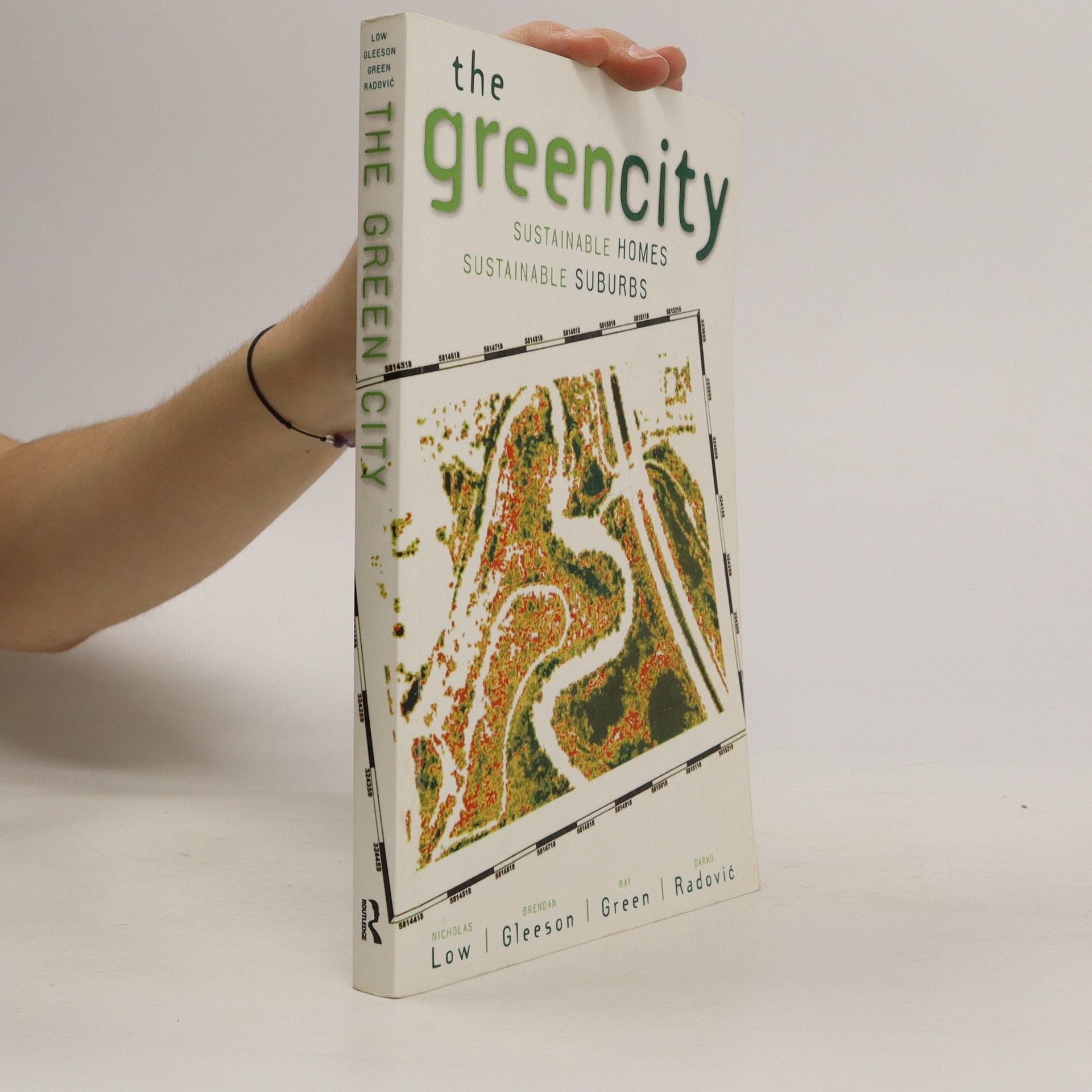Focusing on the urgent need for social transformation, the book explores how democracies can effectively address the climate crisis while avoiding social collapse. It presents a compelling argument that change is not only essential but achievable, emphasizing the interplay between democratic governance and sustainable practices. Through critical analysis, it highlights strategies that can empower societies to adapt and thrive in the face of environmental challenges.
Nicholas Low Book order (chronological)


The Green City. Sustainable Homes, Sustainable Suburbs
- 256 pages
- 9 hours of reading
A team of city-building professionals explain in straightforward terms how the idea of ecological sustainability can be embodied in the everyday life of homes, communities and cities to make a better future.The book considers - and answers - three What does the global agenda of sustainable development mean for the urban spaces where most people live, work and move? Can we keep what we love about suburban life and still save the environment? And what new methods of planning and building will be needed in the 21st century? Rejecting both economic and environmental orthodoxy, the book’s essential message is that the sustainable city can be built by a thousand well-directed small changes. It draws on practical case material from around the world and weaves together four critical aspects of urban housing, open space, workplaces and transport. A 'photographic essay' of 32 colour plates illustrates the ideas discussed.